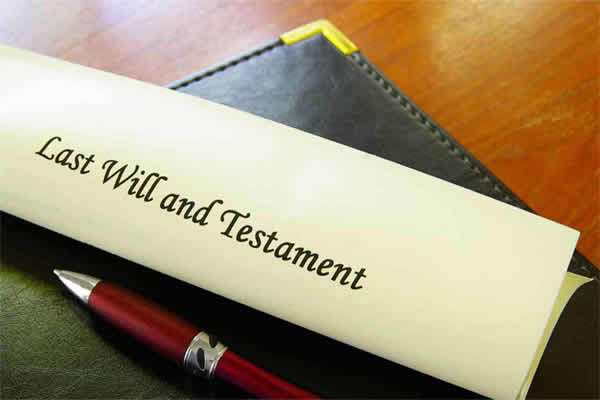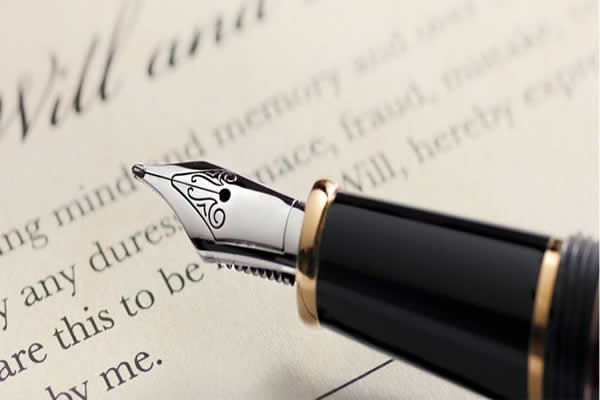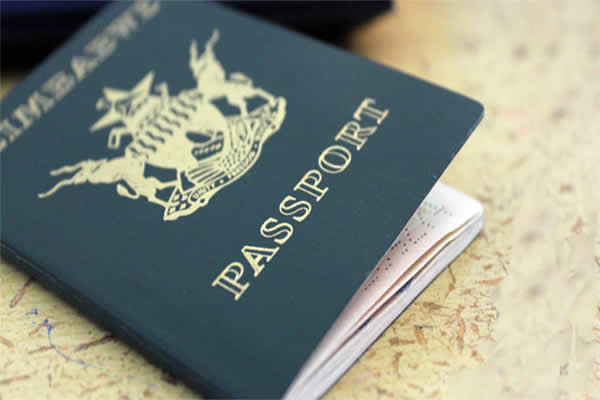Registering A Deceased Estate
Registering A Deceased Estate Steps to be taken when registering a deceased estate The death must be registered at the nearest Births and Deaths Registry and a death certificate must be obtained. The surviving spouse, or if there is no surviving spouse then a family member has to take steps to register the deceased estate. The estate should be registered at the Master of High Court’s Office or at a Magistrates’ Court depending on whether civil law or customary law applied to the deceased person. The estate has to be reported within 14 days of the death of the deceased. Upon registering, the responsible person will complete a death notice form, as well as an inventory form listing the deceased’s assets. An edict meeting will then be held, attended by at least four close relatives of the deceased, where a person called an executor will be appointed to administer the estate. Where the deceased left a will, their wishes will be respected and an executor nominated in the will shall be appointed. Where the deceased left no will, the executor will be appointed at an edict meeting. If the office of Executor is contested, the Master of High Court will appoint a neutral executor. The executor will be issued with Letters of Administration. These give the executor authority to wind up the estate. If the surviving spouse experiences problems such as property grabbing, they should immediately report the matter to the nearest police station, as the law does not permit anybody to remove any of the deceased person’s property before the estate has been wound up. These steps are by no means complete legal advice Contact us any time with any questions and set up an appointment with our lawyers for full legal advice. Call us on 04 752870
Read moreWill Writing
Will Writing What you need to know Living persons are encouraged to write their wills outlining how their property should be shared in the event of their deaths. Our laws respect the wishes of the deceased and will give effect to ther covenants. A person over the age of 16 and who is not legally incapacitated in any way can write a will outlining how his or her property must be shared upon death. A will can be written in any language that a person chooses. A will can be written at any time. You do not have to wait until you are sick. A will can be changed or replaced at any time. It must be in writing, signed at the end of the will and on every age, as close to the end of the writing as poosible by the writer and two witnesses in the presence of the writer. All three must be present at the time of signing. Where the writer of the will is unable to sign, he or she may put a mark that can be certified by specified persons. The witnesses must be at least 16 years of age and competent to give evidence in a court of law. In addition, the witnesses must be capable of seeing the testator sign in order to authenticate that indeed the testator freely and knowingly signed the will. A person who will inherit something in terms of the will should not sign the will as a witness, as they may be disqualified from benefitting. Generally speaking a will made prior to a marriage will be invalid. A will should contain among other things, the name of the person making the will and his or her identity particulars; the name/s of the people who will benefit under the will, their identity details and extent of benefit; the name of the person to administer the estate; and where appropriate, provision for the guardianship of minor children. A will is a confidential document. For that reason it must be kept by the Master of the High Court, your banker, your pastor or priest or a trusted friend. When the person who has made a will dies, any person in possession of the will must register the will with the Master of High Court in Harare or Bulawayo or the Magistrate’s Court for the district in which the deceased died or lived. These points are by no means complete legal advice Contact us any time with any questions and set up an appointment with our lawyers for full legal advice. Call us on 04 752870
Read more



